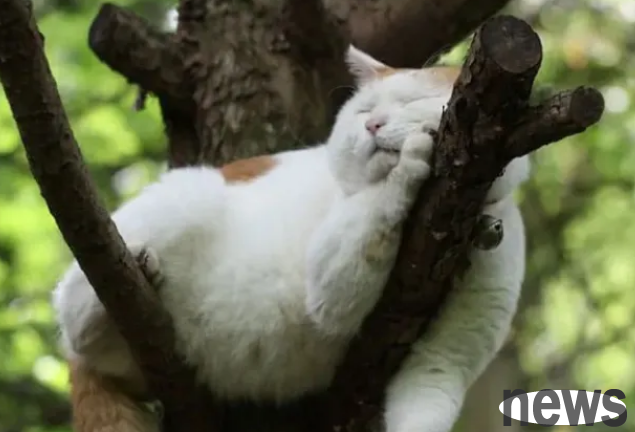As the trend of keeping pet cats becomes increasingly popular, a difficult problem follows - when our cats finally bid farewell to the world and return to the mysterious cat star, how should their noble bodies be properly placed? After all, not ever...
As the trend of keeping pet cats becomes increasingly popular, a difficult problem follows - when our cats finally bid farewell to the world and return to the mysterious cat star, how should their noble bodies be properly placed?
After all, not everyone knows that for many reasons, the body of a cat after its death should not be buried in the earth at will.

1. Why should cats not be buried after they die?
1. Risk of transmission of pathogens
If the cat's body is rashly buried in shallow soil, over time, its decomposition process will release an odor, attracting other wild animals to dig, and these creatures may dig out the cat's body or even eat it.
If cats carry certain pathogens during their lifetime, they are likely to be transmitted to these animals, which in turn triggers a series of ecological crises.
2. Environmental pollution problem
The random burial method will allow pathogens generated by the cat's remains to penetrate into the soil during the corruption, which may pollute nearby plants, water quality and land environment, and bring burden to the natural ecology.
3. Hidden dangers of neighborhood disputes
Many people choose to bury their beloved cats in public or semi-public areas. The odor emitted when the cat's remains decomposed will seriously affect the quality of life of surrounding residents, which may cause complaints and intensify neighborhood conflicts.
2. What should be done after a cat dies?
More and more areas have set up professional pet corpse treatment facilities, providing one-stop pet cremation services, and even holding a solemn cremation ceremony, which costs between hundreds of yuan. This not only respects the life of cats, but also avoids pollution to the environment.
If the location has not provided such services, it is recommended to dig at least one meter deep pits in places far away from residential areas, water sources and vegetation and bury the cat. This not only prevents excavation of other animals, but also prevents environmental pollution and community disputes.

3. How to extend the lifespan of a cat?
1. Regular physical examinations
If you wish the cat to be healthy and long-lasting, you should take it for a physical examination at least once a year. After the cat enters old age, it is recommended to do it once every six months. This will monitor its health status and adjust the nursing and feeding methods according to the results of the physical examination.
2. Daily care focuses on
Regular deworming, timely bathing (do not be frequent), thorough cleaning, and daily combing are indispensable links to maintain cat health.
3. Moderate exercise
It is recommended to have at least 30 minutes of interactive games with your cat every day to increase their exercise volume, thereby preventing problems such as obesity and arthritis. During interaction, snacks can be used to increase cat interest and obedience.
4. Balanced nutrition
The protein content is particularly important in the diet of cats. For the health and longevity of cats, cat food with high protein (at least 36%) should be selected to ensure balanced nutrition.
Now, let's talk about happier topics - how old is your cat now?